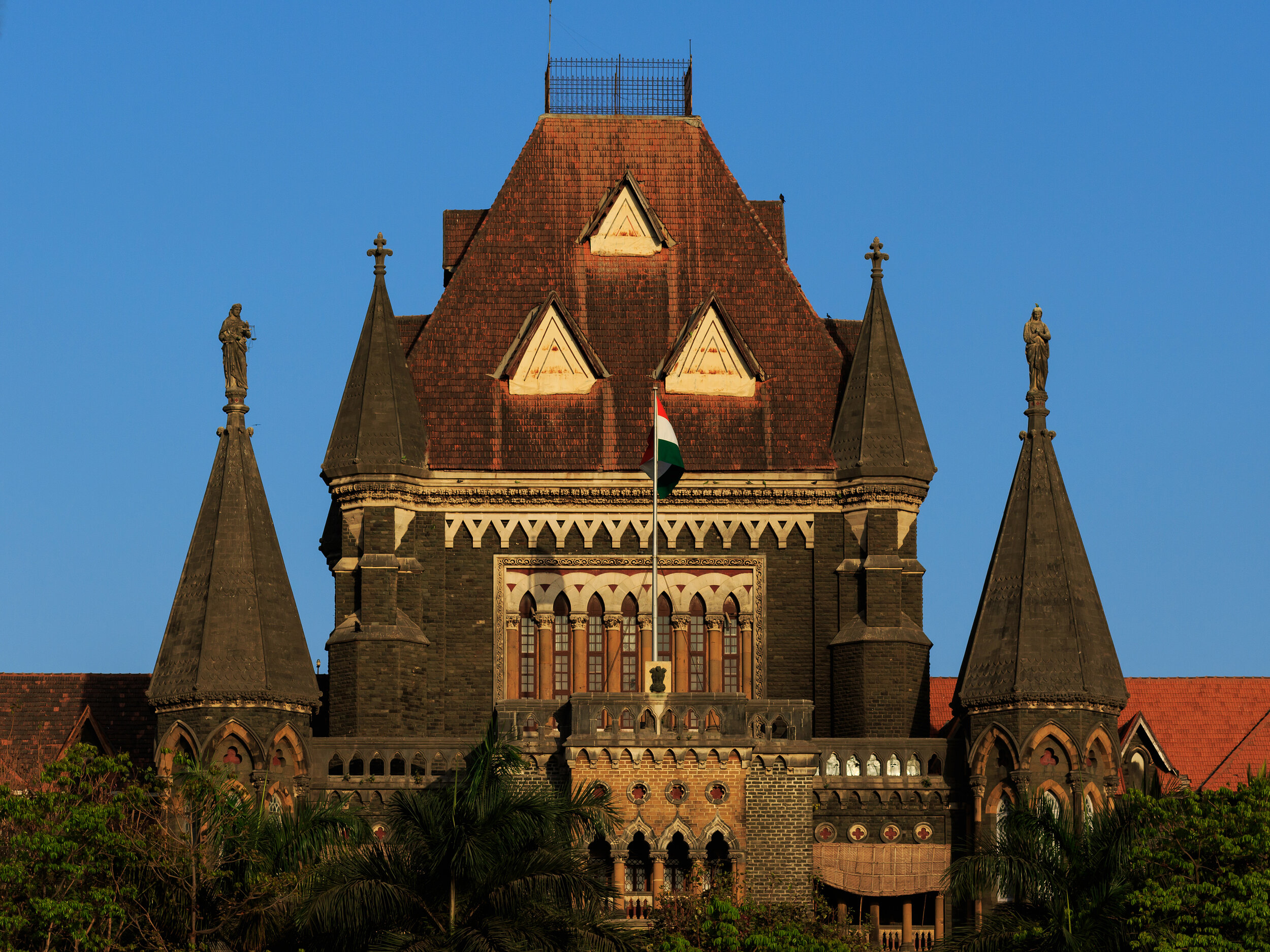Litigation in India
India’s legal culture shares common roots with the United States. It is the largest country in the world that follows the common law system in use the United States and England. And after the United States, India has the second largest English-speaking population in the world. But India’s diversity and size distinguishes it from America: it has over twenty official languages and over a billion people.
With this in mind, I was curious to learn about what aspects of its legal system are similar to America’s, and what aspects are different. So I was excited to speak with Guarav Shanker, a partner at Business Law Chamber in Gurugram, India, to learn about what litigation is like there.
Why should you continue reading this post about litigation in India?

Guarav Shanker is a partner at Business Law Chamber in Gurugram, India.
This interview has been lightly edited.
Can you tell me about the kinds of disputes you handle in your legal practice?
Our firm, Business Law Chamber (BLC), is a boutique law firm in India having expertise in Mergers & Acquisitions, Tax, Intellectual Property, Regulatory, General Corporate Advisory and Real Estate.
We handle a variety of disputes (or even act as mediators, at times) concerning shareholders’ disputes, oppression and mismanagement, financial fraud or misappropriation of funds, disputes concerning infringement of intellectual property, contract disputes, and employment law issues.
What type of clients do you generally represent in disputes?
Our client base is fairly broad. We represent HNIs (high net-worth individuals) and small and mid-size firms and clients from diverse sectors. Our clients range from multinational companies to small and medium enterprises, investors, and financial institutions.
As attorneys, we have a blend of young and dynamic individuals handpicked from top universities and people with years of experience in their specialized domains. This enables us to create novel solutions to our clients’ toughest problems, and to successfully try their toughest cases and deliver commercially practical advice of the highest quality.
Besides Microsoft Office, what software do you use in your practice?
Our firm uses customized software for client data management, file up-keeps, contract management and time keeping for billing purposes.
Some popular commercial software for law firms in India are Jurisnet, CLIO, and Law Office Manager.
What books and websites do you use for legal research?
We use legal commentaries by prominent legal personalities and authors that are acknowledged by the courts in India, time and again.
Further, we use books as published by renowned international publishers on commercial legal issues such as Sweet & Maxwell, Bloomsbury Professional, and Lexis Nexis. This helps us in understand international, cross-border matters.
We also refer to some of the popular Indian online search engines including Manupatra, Supreme Court Cases, Westlaw India, and international search engine Thomson Reuters’ Practical Law.

Do you electronically file pleadings with the court? Or must you send paper copies of them to the courthouse?
Prior to Covid-19, we used to file paper copies in the Courts. However, due to physical proceedings coming at a halt in the Courts, currently, all filings are being done electronically.
For filing pleadings electronically in the Supreme Court of India, we use this website: https://main.sci.gov.in/efiling.
For filing pleadings in any High Court in India, different states use different websites. For example, this is the website for filing a pleading in the Delhi High Court: http://dhcefiling.nic.in:8080/eFiling/
Similarly, for filings in the district Courts, different districts use different websites. For example: this is the website for fiiling a pleading in any District Court in Delhi: https://efiling-dl.ecourts.gov.in
Generally speaking, how many pages are the complaints or initial pleadings you see in your work?
It depends upon the facts and issues of a case. The page lengths may differ from 10 to 50 pages, or sometimes even more.
Complaints or initial proceedings are not available online for the general public to view. But the interim and/or final orders in cases are updated on the Court’s website from time to time.
Generally speaking, how long does it take for a case to go from complaint to judgment?
This depends on the issues involved in the matter.
In our experience, a consumer dispute takes at least three months for the matter to be settled and the judgment to be passed. Usually, a matter is resolved or the judgement is pronounced within six months to two years from the date of filing the complaint. However, in real estate matters, it might take five to six years, or even longer, for the matter to be closed.
Does India have specialized courts that only hear commercial cases?
Yes, there are commercial court divisions in the High Courts in India.
Over the years, various expert bodies such as the Law Commission of India and the Standing Committee on Personnel, Public Grievances, Law and Justice have observed the need to fast track disposal of commercial disputes due to the high number of pendency of cases and complex procedures. In this context, the Commercial Courts, Commercial Division and Commercial Appellate Division of High Courts Act, 2015 was enacted to fast track the disposal of high value commercial disputes (above rupees one crore, or about $135,000 U.S. Dollars), by establishing commercial courts at the district level, and commercial divisions and commercial appellate divisions in the High Courts.
Who decides the facts in a commercial case? Is it a judge or a jury?
In India, jury trials were abolished in 1973. Now a Judge decides the facts in a commercial case and in other matters as well.
The Indian Supreme Court issues decisions in English, but India has multiple official languages. Are all court filings and proceedings in English? How does the legal system accommodate people who speak different languages?
According to the Constitution of India, unless the Parliament by law provides otherwise, all proceedings before the Supreme Court and in every High Court shall be conducted in English.
In some exceptional cases, where some other language is used during the proceeding in a High Court, the judgment in any event must be delivered in English.
The District Courts of some States in India may use their vernacular languages for the proceedings. However, once the case goes for appeal in the High Court, the complaints and pleadings in the matter have to be translated into English.
Generally speaking, how is evidence exchanged between the parties before trial?
Evidence is not required to be produced before the trial, however, it is to be delivered in person during the court proceedings, as and when required as per the stage of the trial.
Do you get to interview the opposing witnesses before the trial?
In India, we don’t get to interview the opposing witnesses before the trial. But we can do so at trial during cross-examination or re-examination of the witness.
If you win, does the other side reimburse your attorneys’ fees?
It depends on whether or not the winning party requested it and whether the judge decides to issue such an order. Further, it is at the sole discretion of the judge to impose a cost on the party who loses.
Strictly speaking, reimbursement of the entire attorney fee as a cost to the winning party is very rare, and even if it is there such cost is minimal.
Are the Indian courts open to the public? Can ordinary people watch a commercial trial?
The District Courts are open to the public. However, you will not find people who are irrelevant to any case proceedings in the High Courts and the Supreme Court. Any person who enters into these Courts requires a valid pass, which is granted only for a day. As per the pass system, you may only be allowed in the High Courts and the Supreme Court if your case is listed for the day and the pass should mandatorily bear the signatures of your attorney to validate the pass.
Do you believe that Indian courts have a particular strength for resolving commercial disputes? How about a weakness?
Traditionally, arbitration used to be the preferred method for resolving disputes in India. Proceedings in the civil courts takes significant time to resolve disputes and therefore the Indian judicial system regularly adopts alternative methods and introduces courts/tribunals/forums for alternate dispute resolution.
But recently, there have been significant positive changes in India to the dispute resolution process and commercial courts have become the preferred forum for resolving complex disputes.
The weakness that might possibly be seen that it has a complex litigation procedure, which might also become time consuming at times and increase the volume of pending cases.
How often do you go to the courthouse?
Prior to Covid-19, the BLC team used to appear regularly in the Courts. However, now that physical proceedings are not taking place, we have been appearing through video conferencing for the hearings. While, this new system did go through some initial glitches, steadily online appearance is now becoming a preferred mode.
When you are there, do you need to wear a special robe or wig?
In India, there is a black and white formal dress code for attorneys. Although we are required to wear a robe during winters in the High Courts and the Supreme Court, there’s no such requirement in the District Courts any time of the year.